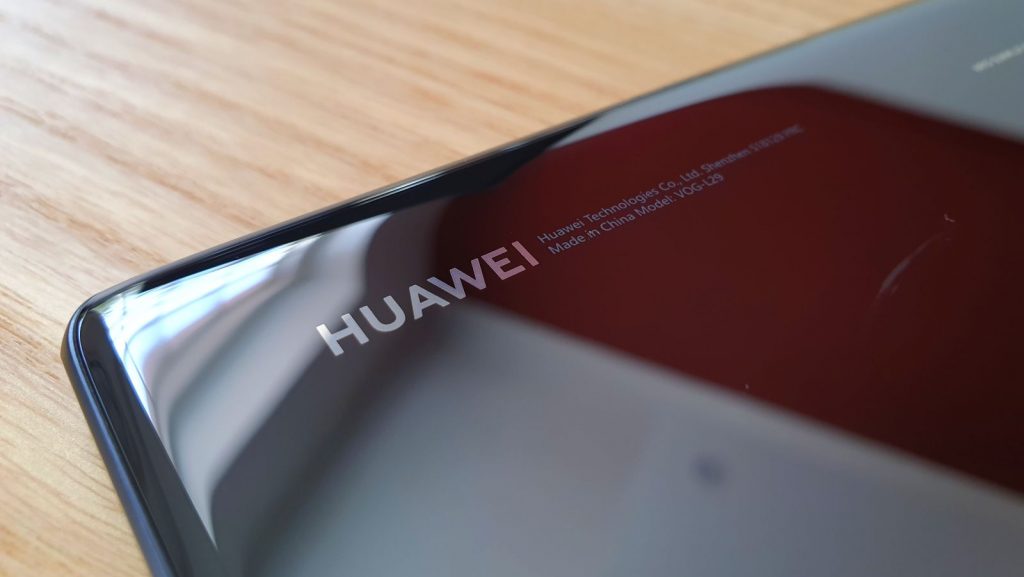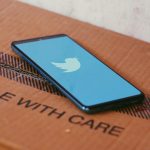Donald Trump’s call for Netflix to remove board member Susan Rice has intensified the Paramount saga, pushing the streaming wars into a political confrontation.
New law says Huawei, others cannot import or sell equipment unless…

In a groundbreaking vote, the Federal Communications Commission (FCC) in the United States has prohibited the importation or sale of communications equipment from Chinese companies.
This means Huawei, Hikvision, Hytera gear or even Dahua, cannot trade unless they can assure in writing through submissions that their gear/equipment will not be used for public safety, security or government facilities.
The FCC, in a unanimous vote, opted to adopt rules that prohibit the importation or sale of equipment that poses a risk to its national security.
Member of the FCC board Brendan Carr tweeted: “Today, the FCC takes an unprecedented step to safeguard our networks and strengthen America’s national security.”
“Our unanimous decision represents the first time in FCC history that we have voted to prohibit the authorization of new equipment based on national security concerns.”
The new rule, although based on national security concerns for the US, requires Chinese citizens to cooperate with US intelligence.
Although this decision remains in the best interest of the US, it spells trouble for other products and means other US products will soon become more expensive.
“I called for the FCC to take this action in 2021 as a necessary means of closing the “Huawei loophole”—a problem where insecure gear could continue to be approved for use in the U.S. by the FCC despite the threat posed to our national security”, added Carr.
“Today’s decision by the FCC to deny equipment authorizations involving insecure equipment responds to strong, bipartisan calls for action.”
“As a result of our order, no new Huawei or ZTE equipment can be approved. And no new Dahua, Hikvision, or Hytera gear can be approved unless they assure the FCC that their gear won’t be used for public safety, security of government facilities, and other national security purposes.”
The FCC will have the authority to revoke existing authorizations.
“While we do not exercise that revocation authority in this order, I hope that we soon will, and I look forward to working with my FCC colleagues on achieving that result.”
The only question here is, what happens to unsecure apps allowed to run in the meantime which can gain access sensitive data?
Also read: Twitter and the Apple hurdle explained

